What is damaging your hair? Part II
Table of contents
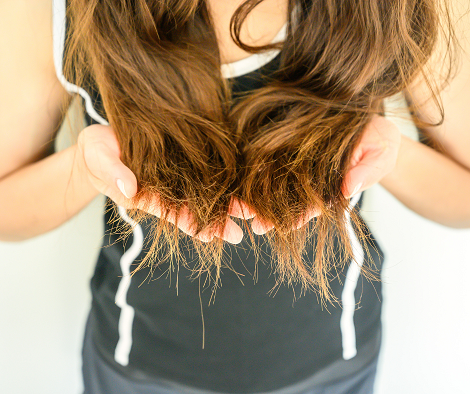
Do you take care of your hair and falling out still happens? See what you might be doing wrong.
In the first part, we listed poor diet, stress, temperature, excessive use of high-temperature hair appliances without hair protection and hair treatments such as perming and colouring as the main causes of poor hair condition. Today we present another list of factors that negatively affect the condition of our hair.
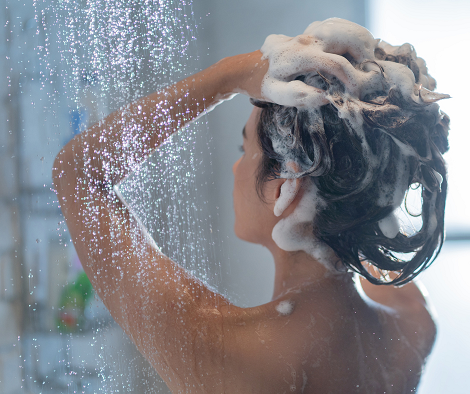
Frequent hair washing
It turns out that washing the scalp too often can be counterproductive. If your scalp is oily, you are more likely to have excessive sebum (natural oil) production on your scalp. This can lead to the temptation to wash hair more often than necessary. In order to reduce hair washing as much as possible, we suggest:
- look for the right shampoo - perhaps the one you are currently using weighs your hair down too much or increases the chance of a greasy scalp?
- apply conditioner from the middle of the hair length to the ends, but without applying it at the root
- test a leave-in conditioner and also apply it from the middle of the hair length.
We have written about proper hair washing before - you can read the article by clicking here.
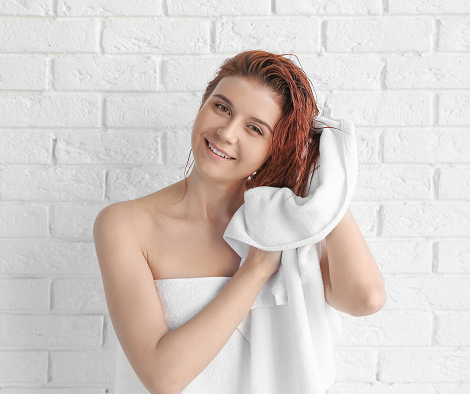
Hair drying
Another bad habit may be drying your hair with a towel. You shouldn't rub your hair with a towel - when hair is wet, it is more sensitive, and rubbing it can cause breakage. Instead of wiping the water from your hair, we suggest drying it with an absorbent towel. You can also leave a towel on your hair for a while (e.g. during facial skin care) to absorb excess water.
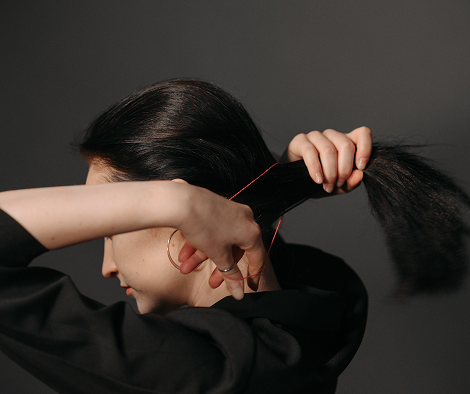
Hair accessories
Hair accessories are not always safe. Elastic hair bands are essential to keep your hair away from your face, for example, at work or while exercising. The problem with hair bands is that they can stretch the scalp and weaken hair cuticles. You've probably noticed more than once that your hair falls out every time you untie a ponytail. However, you can remedy this by occasionally wearing your hair down or having a slightly looser updo so that it doesn't pull your hair as much. Also make sure you wear safe hair bands, not the ones that can damage your hair. Especially avoid those bands with metal parts that break your hair as soon as you put them on.
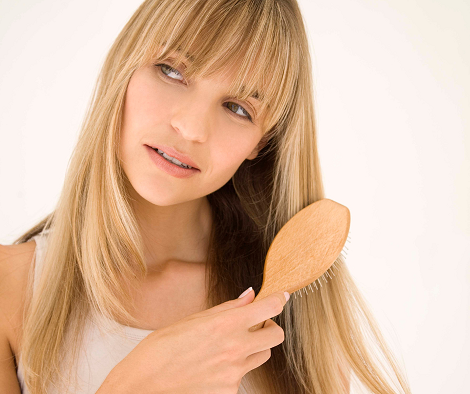
Hair brushing
Did you know that improper brushing and combing hair also leads to deterioration of the hair condition and to hair loss? In principle, just brushing and combing your hair has benefits, but tools are the key here. The combs you use should have widely spaced teeth so that they don't pull the hair out every time you try to comb it. When it comes to brushing, the head massage itself is just as important, which we can do with a good quality hair brush, such as the one with natural boar bristles. Research shows that brushing your hair with such a brush can bring many benefits, for example:
- it shines and nourishes hair - based on a natural mechanism, the brush is very good at distributing naturally secreted sebum, making hair shiny and protected,
- straightens and smooths hair - boar bristles are stiff and easily cope with even unruly strands,
- adds volume even to thin hair - all thanks to the proper spacing of the bristles (it is recommended that you brush your hair head down for an even better volume effect),
- prevents greasy hair - the bristles distribute sebum, thus reducing the amount of sebum on the scalp and at the root of the hair.
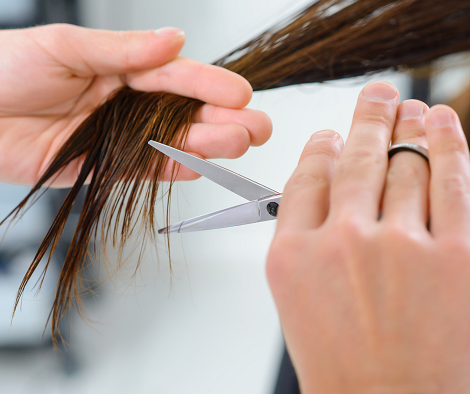
Hair trimming
Does trimming your hair make it grow faster? No, but it improves its condition. It turns out that not trimming the ends of the hair leads to split ends, resulting in very poor condition, brittleness and hair loss. It may seem that hair cutting, by its mechanical interference with the structure of the hair, can damage it. Ironically, trimming your hair can help keep your hair healthy and free of split ends. Hair trimming can be compared to skin peeling - in both cases, it may be necessary to remove some old cells to help new ones grow. When you have split ends, these breaks in the structure can spread to the rest of your hair. Are you growing your hair and avoiding the hairdresser? It's a mistake! Even if you grow your hair, trimming damaged ends can prevent further breakage.
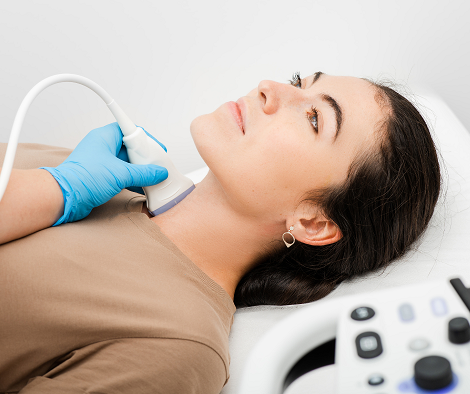
Hypothyroidism
Hypothyroidism is a common cause of thinning hair in women. Hypothyroidism occurs when the thyroid gland doesn’t produce enough thyroid hormones. Although the thyroid gland itself is small in size, it plays a vital role in maintaining the proper functioning of the body. People with hypothyroidism may notice excessive hair damage and hair loss, especially in the shower or after brushing. If you have dry, damaged hair combined with low energy levels, sudden weight gain and mood deterioration, see a doctor (preferably an endocrinologist) to examine your thyroid. Proper medication, supplementation and a healthy diet can prevent further hair loss.
Eating disorders
One of the symptoms of an eating disorder can be falling out or poor-quality hair. This is because some eating disorders, such as anorexia and bulimia, cause malnutrition. In such cases, the hair follicles don't have the nutrients needed to produce new hair, and the process is completely stopped. You may even notice new hair falling out in the middle of the growth cycle. Eating disorders can lead to even more serious consequences and require treatment.
As you can see, there isn't just one answer to what causes bad hair condition, just as there isn't just one tip to help keep it in perfect state. If you follow the tips that we have presented when discussing all the factors, there is a high probability that your hair will be thick, shiny and healthy, and thus, its condition won’t be an argument against hair extensions.
